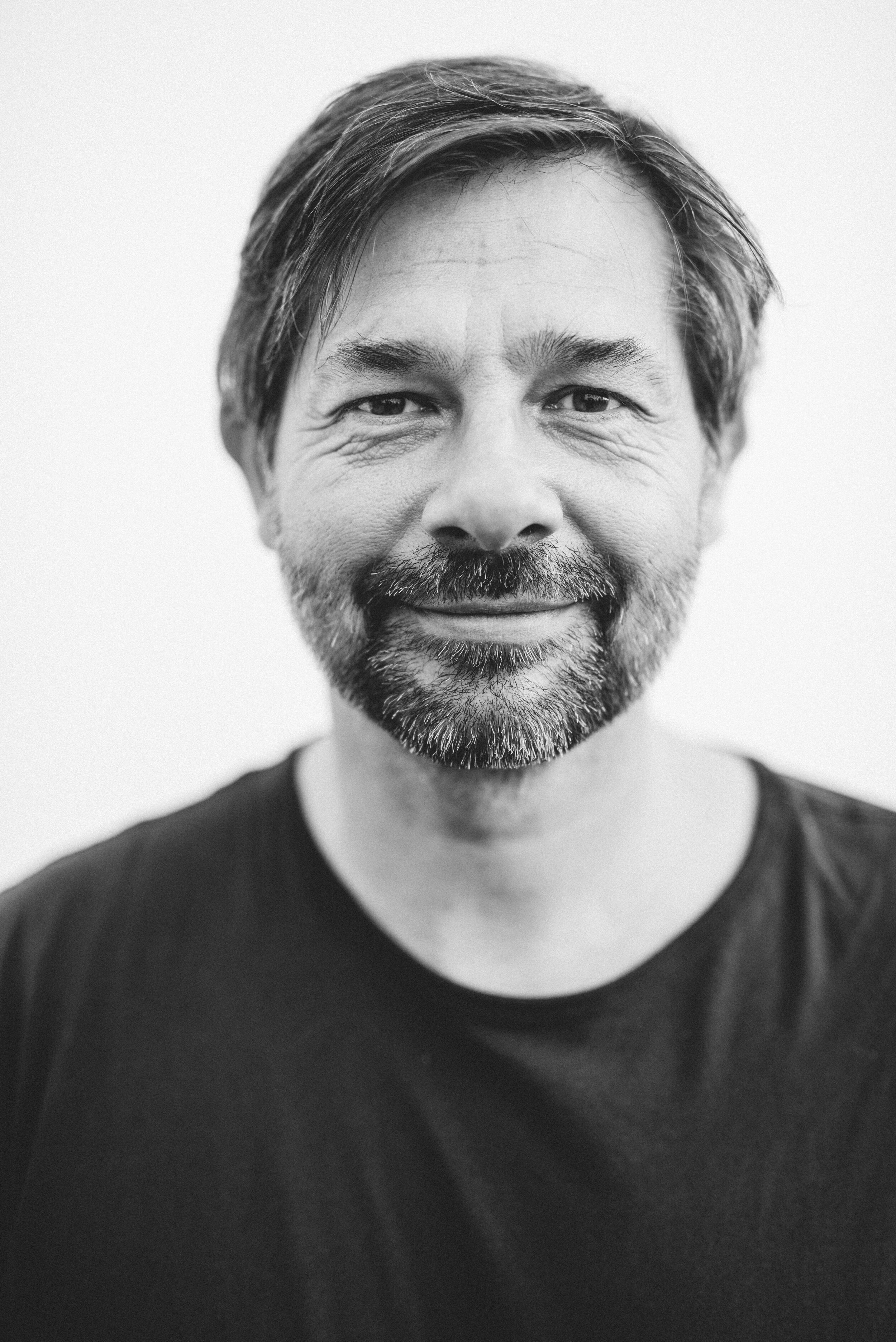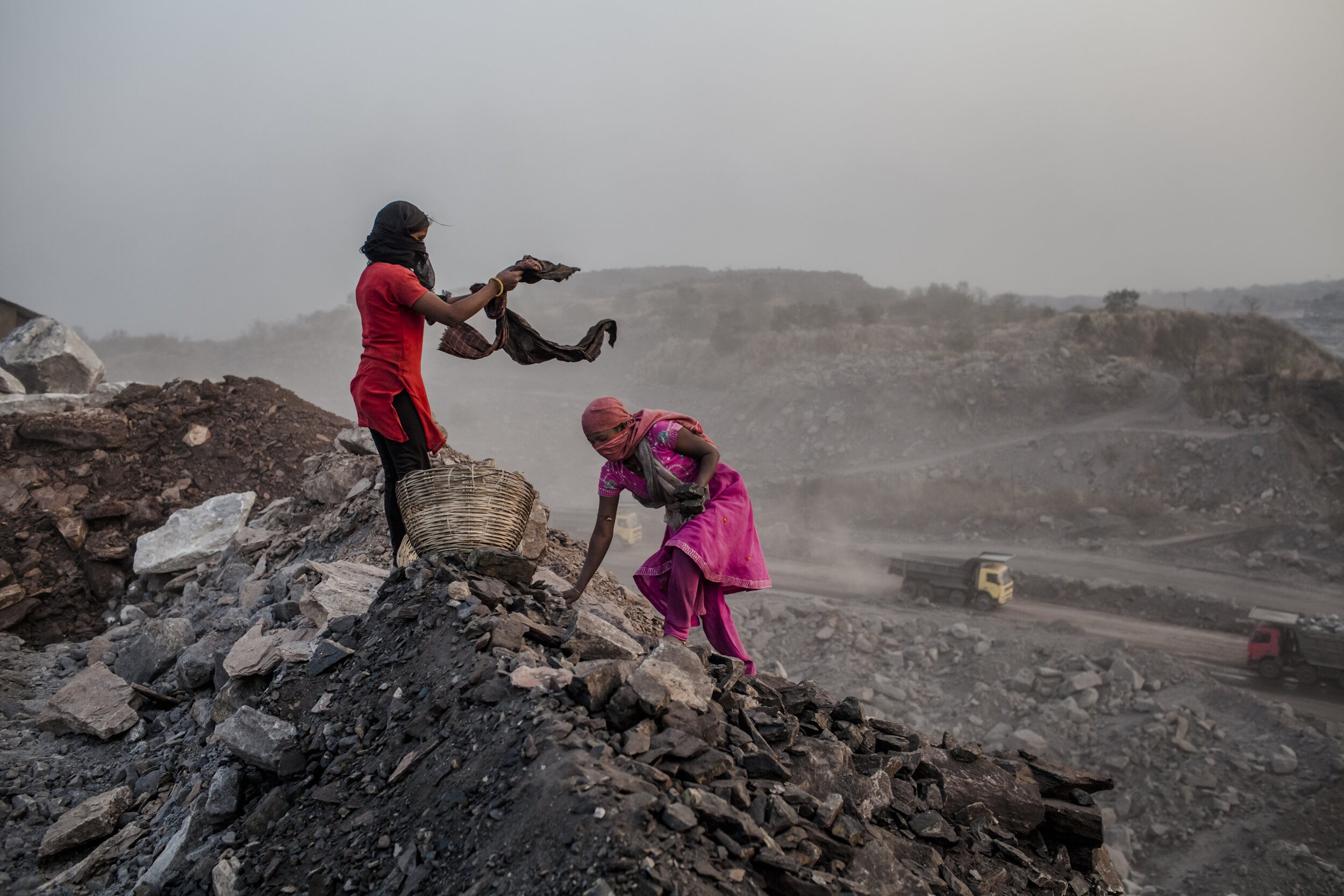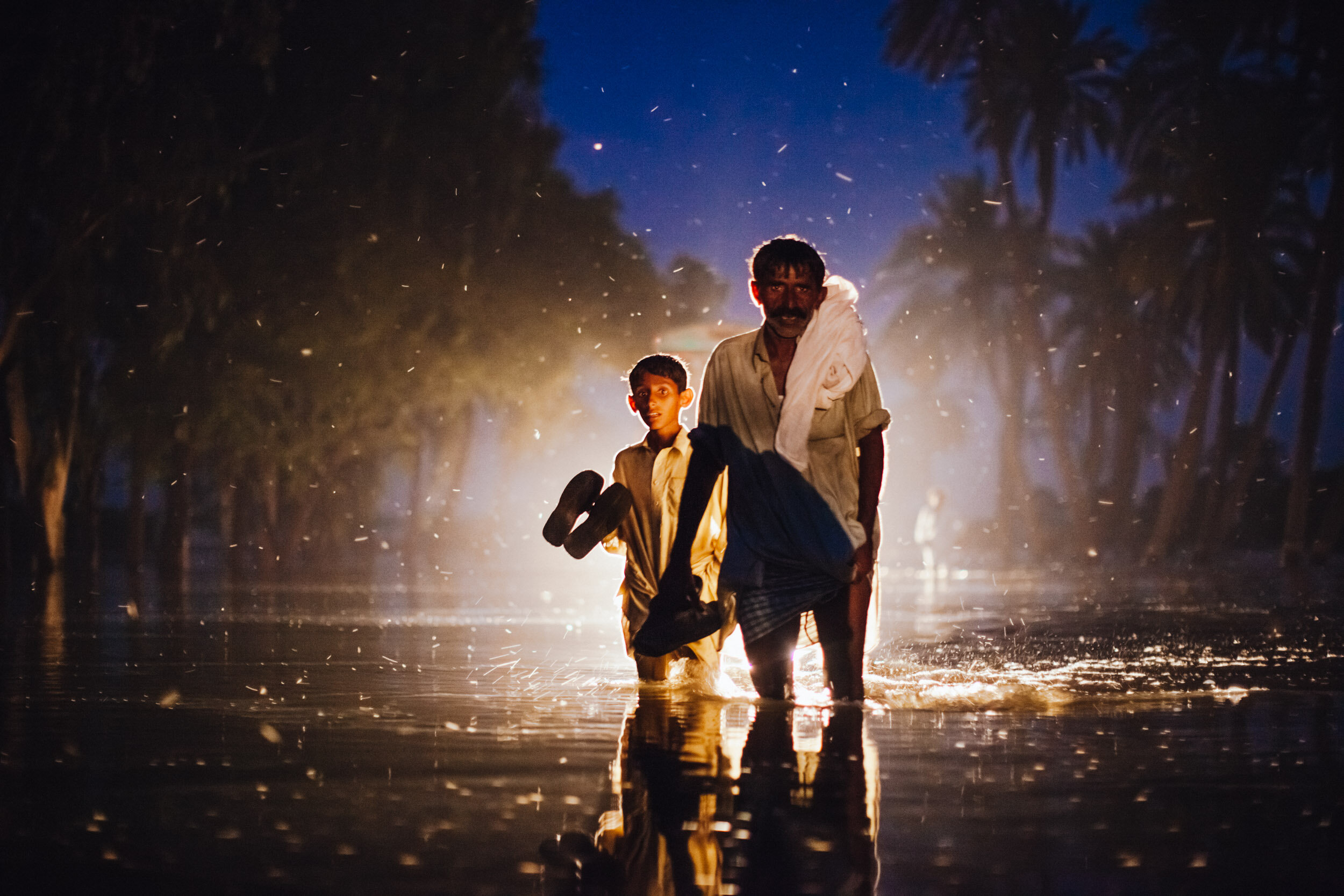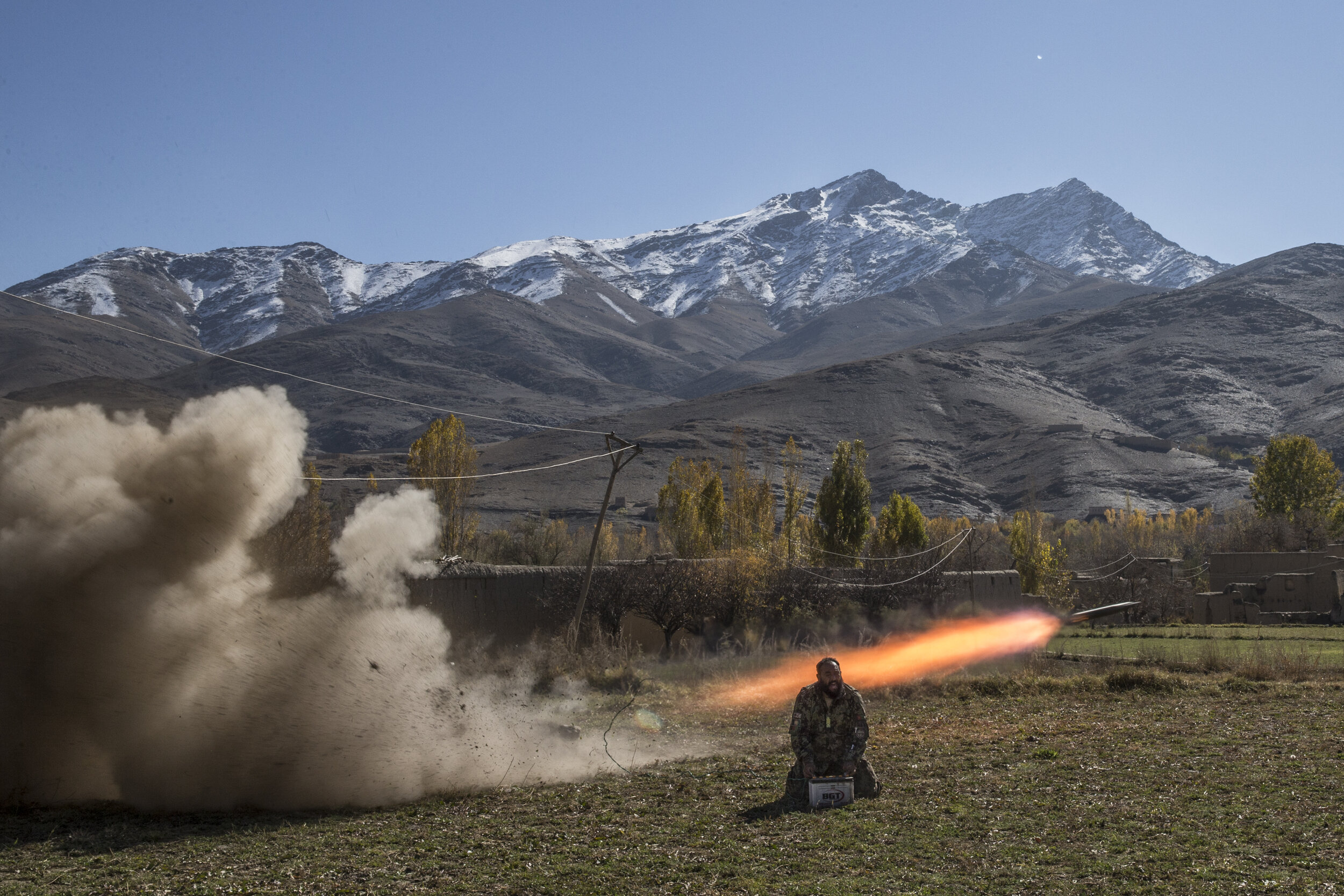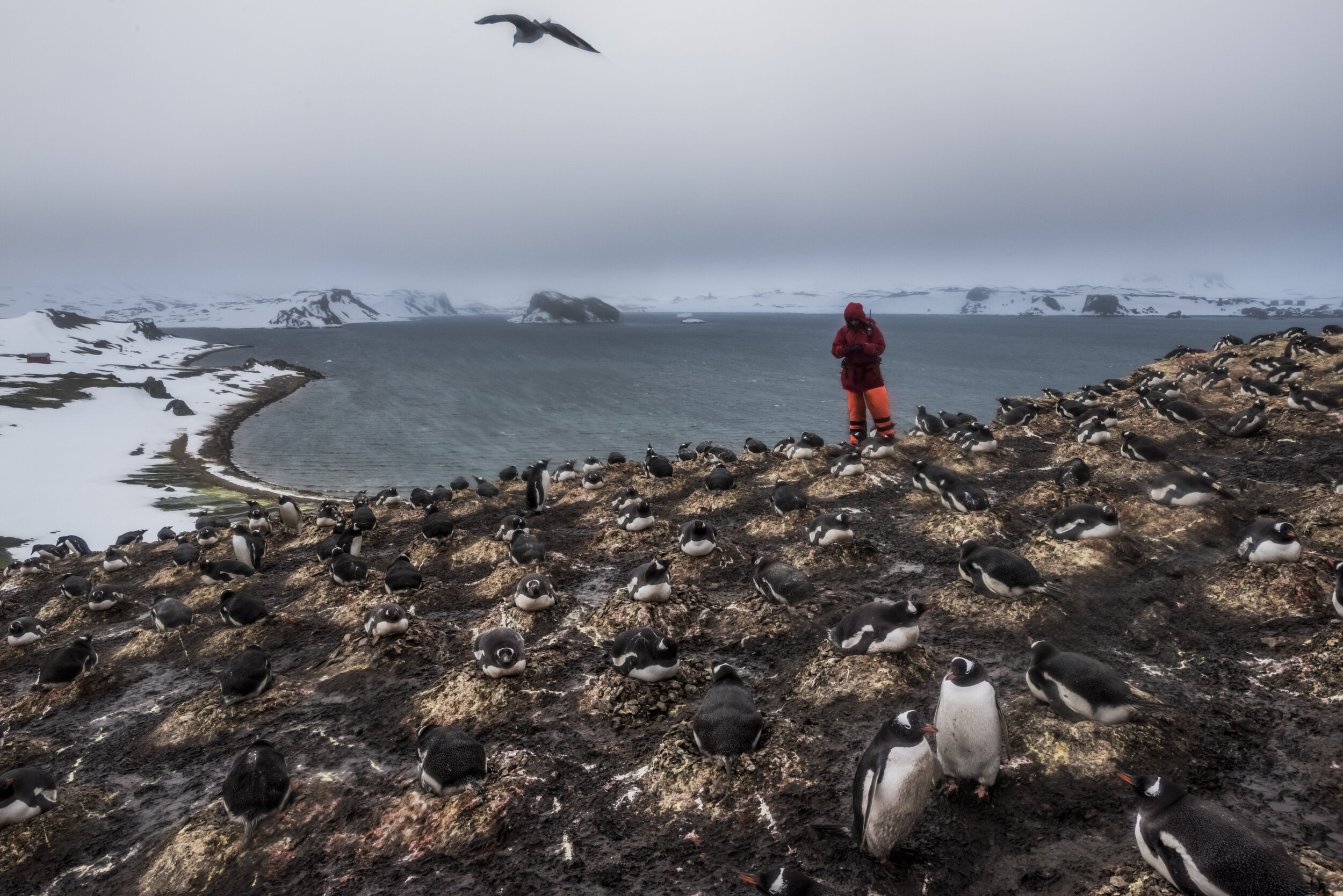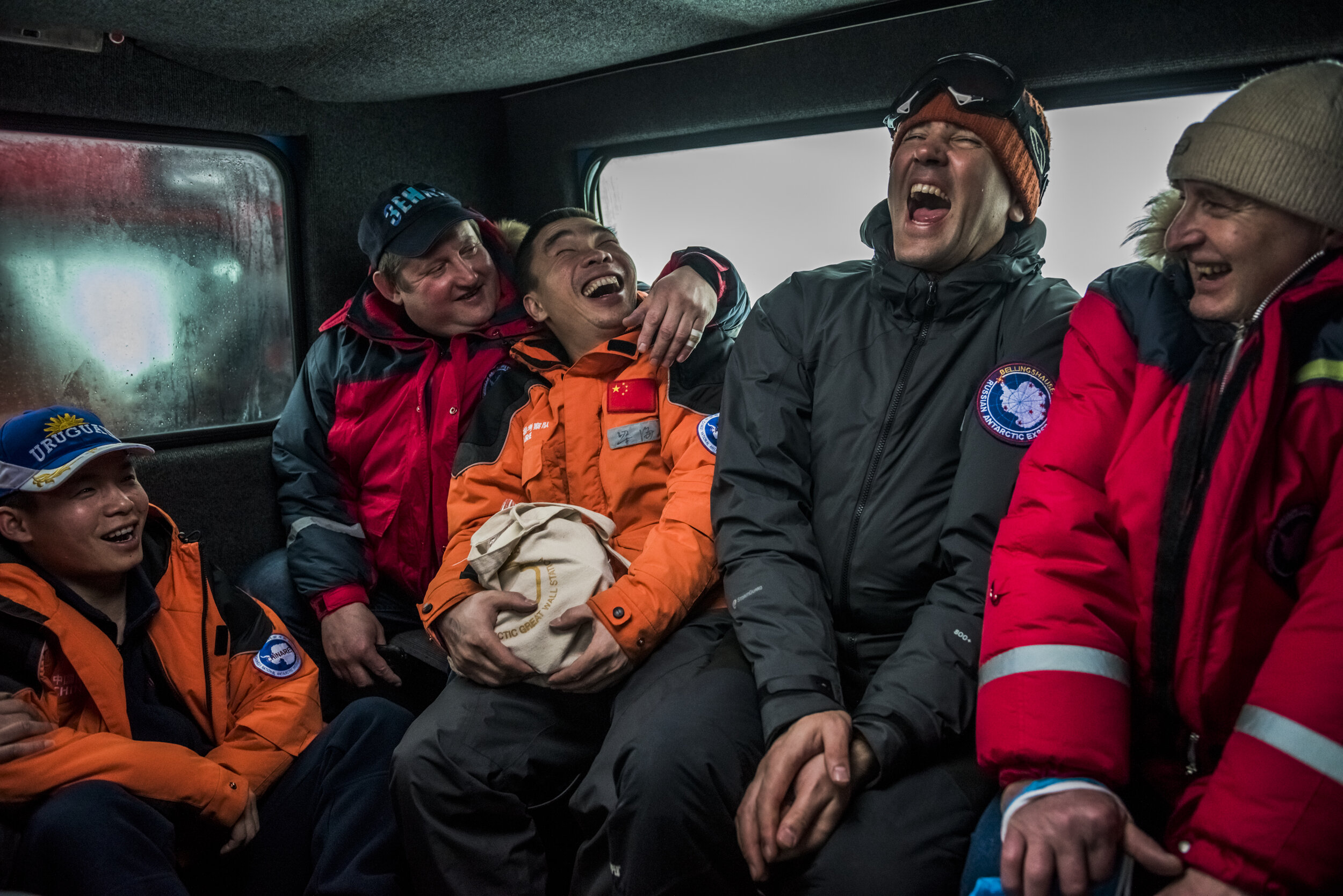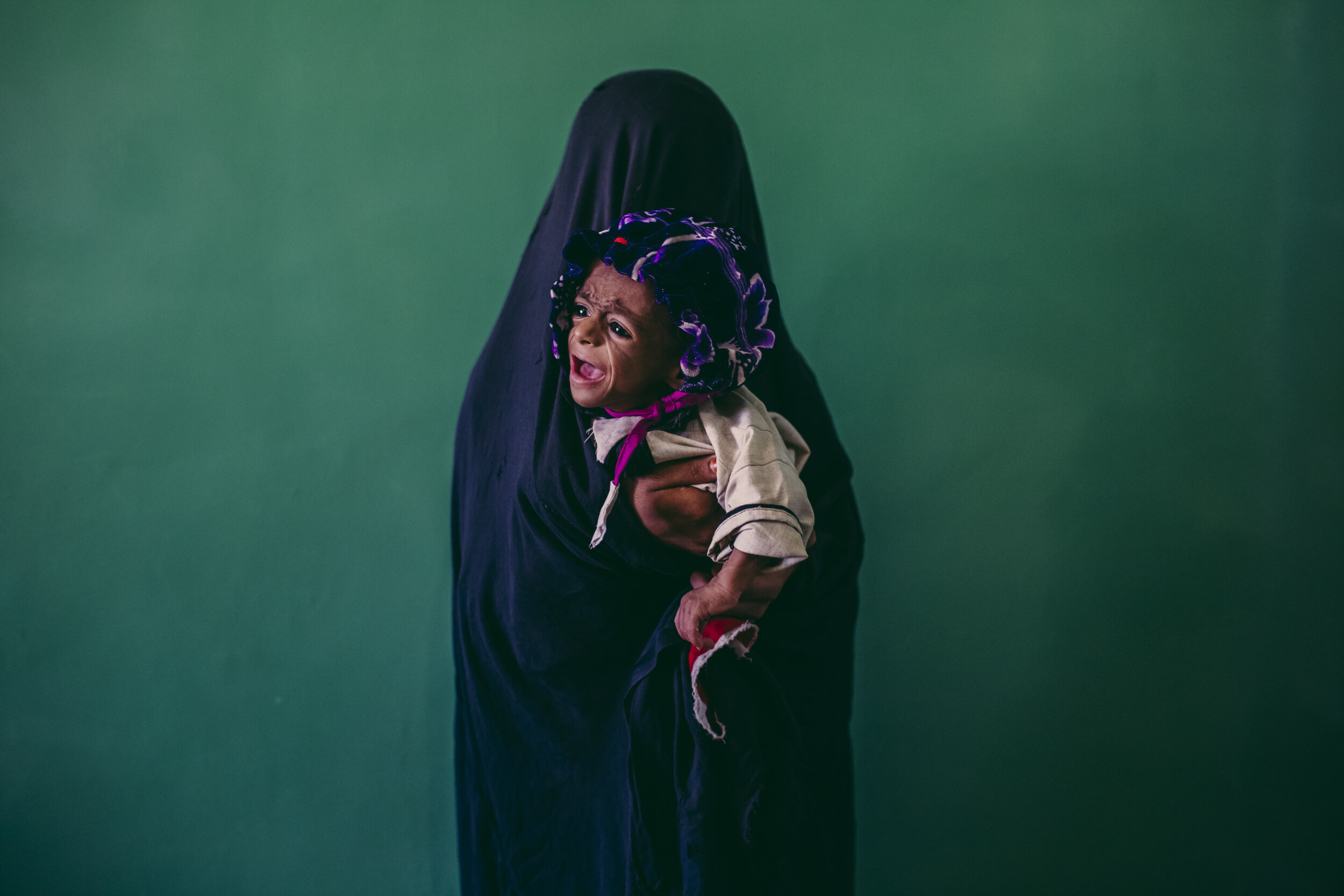Pulitzer-Winning Photojournalist Daniel Berehulak Shares How to Uphold Integrity When Covering Crises
By Christine Alexiou
Daniel Berehulak is an award-winning photojournalist who has found himself on the front lines of crises all over the world. His work focuses on a combination of breaking news, human rights and social and health issues reporting. He's visited over 60 countries covering history-shaping events, including the Iraq War, the trial of Saddam Hussein, child labor in India, Afghanistan elections and the return of Benazir Bhutto to Pakistan, and documented people coping with the aftermath of the Japan tsunami and the Chernobyl disaster.
His work has been recognized with two Pulitzer Prizes. In 2015 for feature photography for his coverage of the Ebola epidemic in West Africa, and in 2017 for his breaking news photography, covering the so-called war on drugs in the Philippines – both for the New York Times. In 2011 he was also a Pulitzer finalist for his coverage of the 2010 floods in Pakistan. His work has also garnered six World Press Photo awards, and two Photographer of the Year awards from Picture of the Year International. Originally from Australia, Daniel is currently living in Mexico City where he is covering the COVID-19 pandemic for the New York Times.
Berehulak recently was in conversation with Danielle Da Silva – the Founder of Photographers Without Borders (PWB) – to discuss integrity and ethics in storytelling and vital considerations for covering COVID-19 in Mexico, which along with countries in South and Latin America is the newest epicenter of the devastating pandemic.
Photos by Daniel Berehulak
Danielle Da Silva: In your reporting, you are conscious of not reducing the people you follow and photograph for a story as “subjects”. You talk about them as collaborators. Why is that?
Daniel Berehulak: I think it's quite degrading when we call people subjects. People have a name. …They're collaborators and are happy to sit down and for us to interview them. We’re there to learn more about them. And in that way, they're absolutely collaborators in telling the story. In some ways, we’re just a conduit of that information. That's why as photojournalists, I feel it's more important to be better journalists than photographers. It's important to share people’s names and identities so we can actually connect with them.
But we need to be able to have the context of what is happening in this situation. We have to ask, why is this photograph important? That's something I always try to keep in the back of my mind when I'm working on a story. I'm always thinking about the story and the best way to pull in all of the elements, the way to document it, to illustrate it. And that comes with being a good journalist. You know, hanging around longer than anyone else, interviewing people, fact checking, double-checking information, cross-checking information. When we do that, we realize the importance of what is happening in front of us.
Da Silva: How do you feel about being an ethical gatekeeper? You could choose not to submit certain images, like let's say to New York Times, or wherever you're working. How do you go about managing that responsibility?
Berehulak: Managing that comes from an integrity that you need to have with your work and from knowing that the images you are filing are the truest form of your understanding of the truth that there is. Because there have been a number of times when an image gets filed and is taken out of context – you see it in press conferences when a politician goes to like scratch their eye and it appears that they're crying or anything like that.
I've had images where someone appears to be reacting in a way, but I know it's not a true representation, so I won’t file it. I'll keep on shooting until I'm able to capture something that is illustrative of the story or the person I'm covering. We have to be the ethical gatekeepers of the work we present. It's a very fragile thing because we're responsible for the information that comes out. So we have to be extra careful with it and double check information to ensure it is of the highest integrity.
Da Silva: For you, what makes a great story? How do you find your stories?
Berehulak: Through working with some amazing journalists over the years with the New York Times and other publications, I've been able to learn from their techniques. One thing that I've learned from a dear friend and colleague Azam Ahmed is when he writes, he tries to find which family to interview. And this takes time. This takes interviewing 20, 30, 40 different people until you find the one family that will symbolize all of the intricacies of the story. We followed one family in Guatemala for a story on femicide, and it took us probably four or five days of interviews and following up with people to find the right family.
When you're in the early phases, spend time interviewing because that’s when people open up to you and give you the information. So when I'm sitting in on an interview, whether I'm the one conducting the interview or whether I'm working with a journalist, I'm always thinking, “How am I going to really visualize the story in a better way to tell the story?” And it's paying attention and listening to the details.
There are some photographers who will stay in the car while the interview is being conducted. But for me, I get all of my best ideas and information sitting in and really immersing myself in the story that I'm doing – listening and talking to as many people as possible, reading about the person as well from the various different sources and angles. It's not an exact science, but curiosity is key. And so is trying to work out how to tell a bigger story. It's in the details, which makes the difference in finding the one family or one person or one factory or one household or organization that will tell the story of something larger.
Daniel Berehulak was interviewed as part of PWB’s new “Storytelling for Change” webinar series. You can watch Daniel’s full interview, and the entire Storytelling for Change series, by becoming a PWB Member. To register for upcoming Storytelling for Change sessions, click here.


